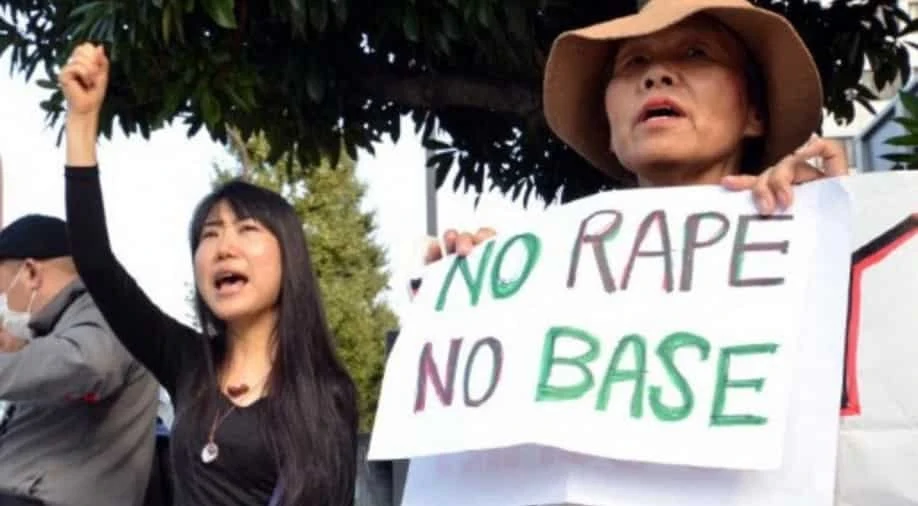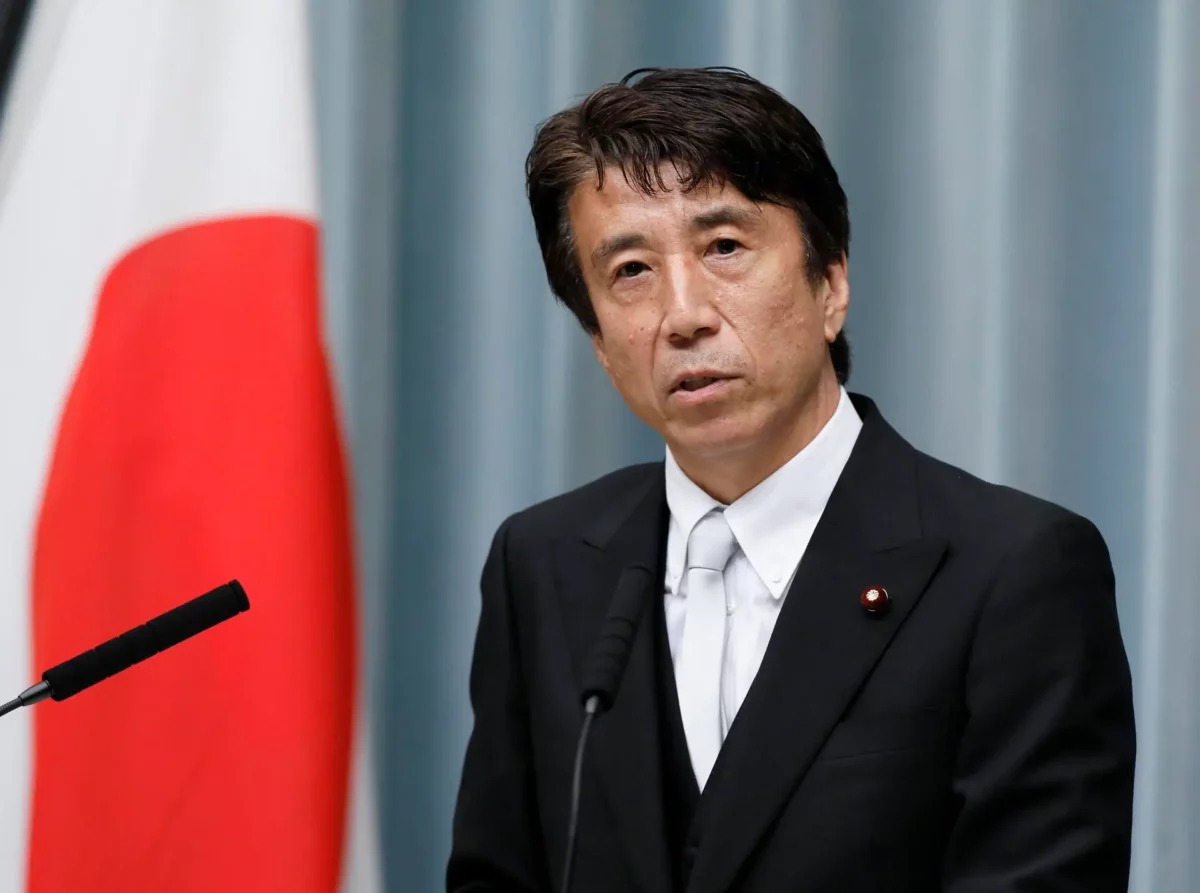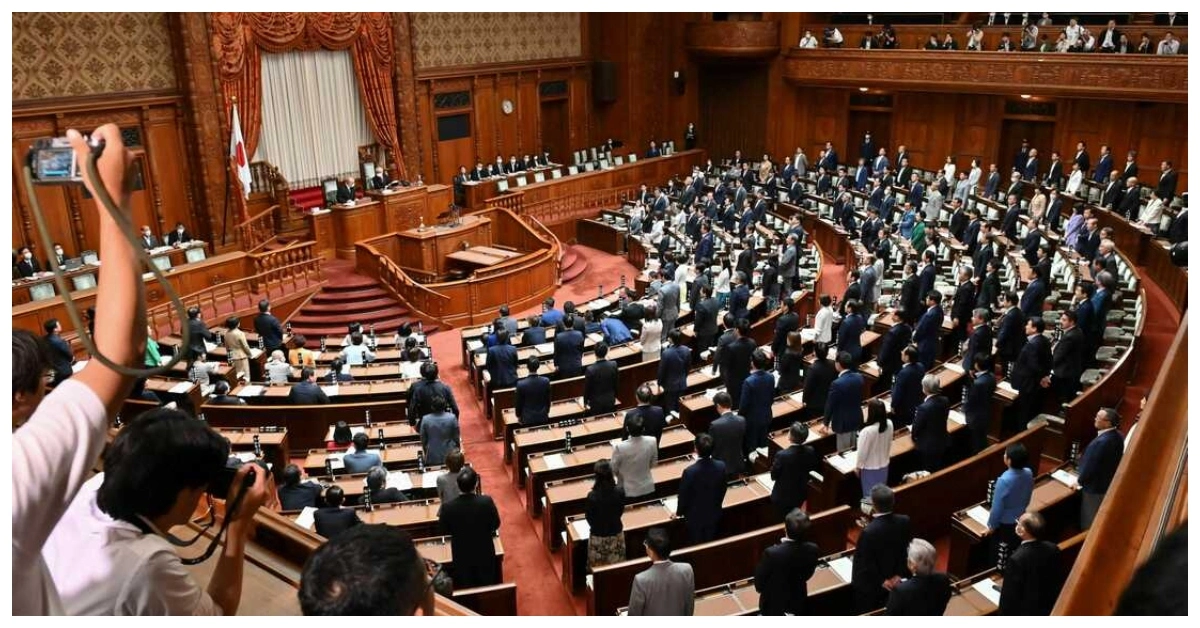Japan has recently enacted comprehensive reforms to its sex crime laws, redefining rape and raising the age of consent from 13 to 16 years old.
Japan has recently enacted comprehensive reforms to its sex crime laws, redefining rape and raising the age of consent from 13 to 16 years old. These legislative changes represent a major step toward aligning Japan’s legal framework with international standards and ensuring greater protection for victims of sexual assault.
Under the new laws, the definition of rape has been expanded from “forcible sexual intercourse” to “non-consensual sexual intercourse.” This revision brings Japan’s legal definition in line with that of many other countries, recognizing that sexual assault can occur without the presence of physical force.

By broadening the scope of rape, the legislation aims to address a wider range of non-consensual sexual acts, including cases involving coercion, manipulation, or incapacitation.
Furthermore, another key reform implemented by Japan involves raising the age of consent. Previously set at 13 years old, the age of consent has been increased to 16 years old, reflecting a more comprehensive approach to protecting minors from sexual exploitation.
Read Also: China’s Space Technology Institute Finger-Marks 400 Spacecraft Launch
The change acknowledges the evolving understanding of adolescent development and the necessity of safeguarding young individuals from potential harm.
The upper house of Japan’s parliament, known as the Diet, passed the new laws on Friday, which specifically delineate eight scenarios where victims may struggle to “establish, express, or exercise the intention to withhold consent” for sexual intercourse.

The newly passed laws in Japan encompass several circumstances in which it may be challenging for a victim to “form, express, or fulfill an intention not to consent” to sexual intercourse. These scenarios include instances where the victim is under the influence of alcohol or drugs, subjected to violence or threats, or experiencing feelings of fear or astonishment.
Additionally, one scenario recognizes the potential abuse of power, wherein the victim may be concerned about the repercussions of refusing sexual advances.
The groundbreaking overhaul of Japan’s sex crime laws has been widely praised by advocacy groups and experts who have long called for such reforms. The changes are expected to enhance the legal system’s ability to prevent and prosecute sexual offenses while providing better support and justice for victims.
Subscribe to Switch TV for more content.
















